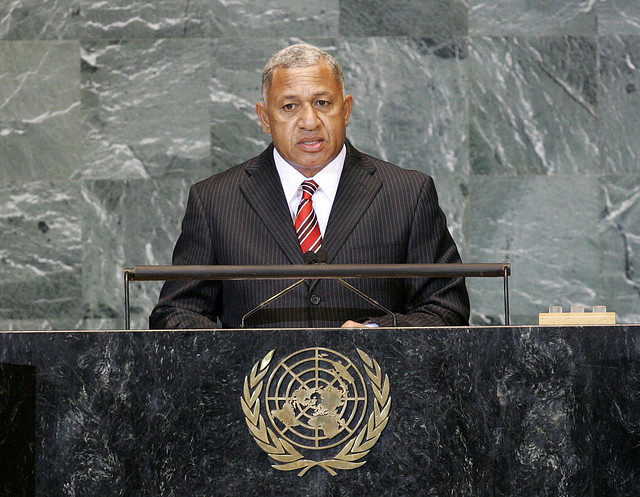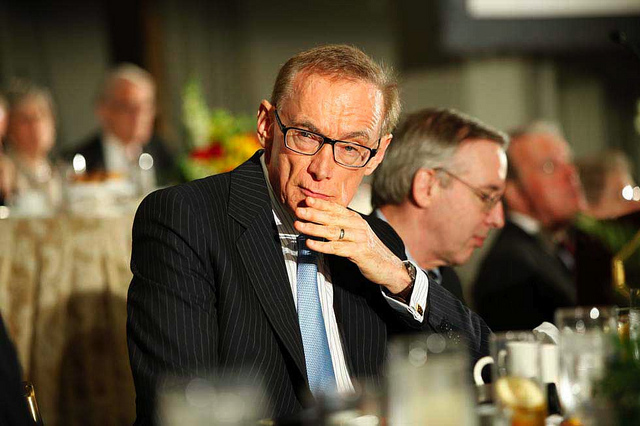Reader response: Australia and Fiji – it’s complex and problematic
At the beginning of the year I predicted that developments in Fiji had the potential to outbid almost all else in terms of political significance in the region this year. So far, this doesn’t seem particularly wide of the mark. The rhetoric expressed recently by Victor Lal on this blog (see here and here) is powerful and compelling.
What’s missing from the analysis, however, is that Australia needs to factor in how its handling of Fiji might affect other relationships in the region. Australia can expect to exercise considerable influence within the Pacific Islands Forum from which Fiji remains excluded. The same doesn’t hold true for the Melanesian Spearhead Group: Fiji is the chair (until the middle of this year) but Australia isn’t a member.
The MSG is yet to make a consolidated response to Fiji’s apparently full-scale retreat from a return to constitutional democracy. It might be that such a response won’t be forthcoming, with the Melanesian leaders preferring to exercise influence using more subtle methods than exercised by others, such as the blunt words of the Prime Minister of Samoa.
What is undeniable is that the political profile and influence of the MSG has been, and continues to be, in the ascendancy. Australia’s overt support of Peter O’Neill as PM of Papua New Guinea might allow some indirect influence but, as Australia is all too aware, managing relationships with Melanesian states is a difficult task and each action and reaction needs to be carefully judged.
Tess Newton Cain is head of Devpacific and a research associate of the Development Policy Centre, ANU.



